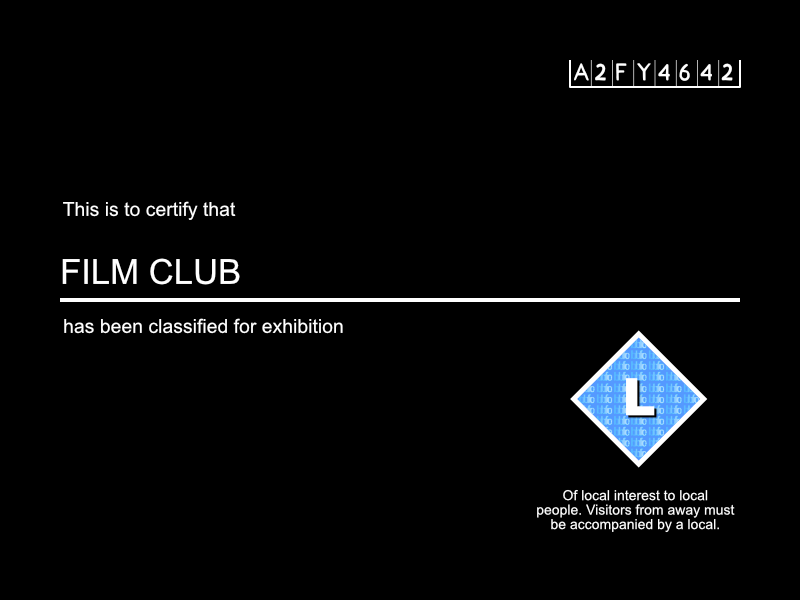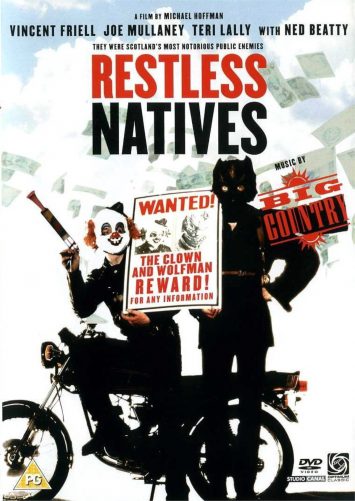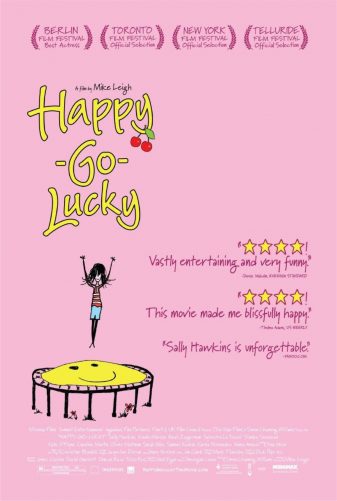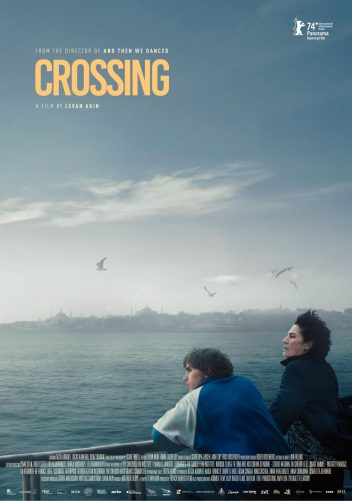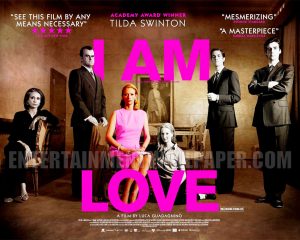
You can now subscribe to our constantly updated events calendar by clicking here: http://nantwichfilmclub.co.uk/event-calendar.ics
The calendar will be added to your smart phone’s schedule so you’ll always know what’s coming up. It’ll also highlight when and where our monthly meetings are, and any ad hoc events we may plan in future.
It’ll also be the only place you may find out about our upcoming film-fight-nights. Subscribe once and forget about it. Everything we do will be in the palm of your hand.

